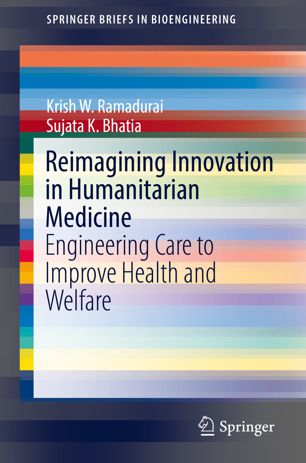

Most ebook files are in PDF format, so you can easily read them using various software such as Foxit Reader or directly on the Google Chrome browser.
Some ebook files are released by publishers in other formats such as .awz, .mobi, .epub, .fb2, etc. You may need to install specific software to read these formats on mobile/PC, such as Calibre.
Please read the tutorial at this link: https://ebookbell.com/faq
We offer FREE conversion to the popular formats you request; however, this may take some time. Therefore, right after payment, please email us, and we will try to provide the service as quickly as possible.
For some exceptional file formats or broken links (if any), please refrain from opening any disputes. Instead, email us first, and we will try to assist within a maximum of 6 hours.
EbookBell Team

5.0
20 reviewsThroughout history, humanity has been plagued by a myriad of humanitarian crises that seemingly take the form of perpetual human suffering. Today, approximately 125,000,000 people require humanitarian assistance as the result of famine, war, geopolitical conflict, and natural disasters. A core component of this suffering is afflictions related to human health, where disturbances strain or overwhelm the existing healthcare infrastructure to create the conditions for an increase in morbidities and co-morbidities. One of the more startling elements is the loss of life to preventable medical conditions that were not properly treated or even diagnosed in the field, and is often due to the limited interventional capacity that medical teams and humanitarian practitioners have in these scenarios. These individuals are often hindered by medical equipment deficiencies or devices not meant to function in austere conditions.
The development of highly versatile, feasible, and cost-effective medical devices and technologies that can be deployed in the field is essential to enhancing medical care in unconventional settings.
In this book we examine the nature of the creative problem-solving paradigm, and dissect the intersection of frugal, disruptive, open, and reverse innovation processes in advancing humanitarian medicine. Specifically, we examine the feasible deployment of these devices and technologies in unconventional environments not only by humanitarian aid and disaster relief agencies, but also by crisis-affected communities themselves. The challenge is complex, but the financial support and technical development of innovative solutions for the delivery of humanitarian aid is a process in which everyone is a stakeholder.